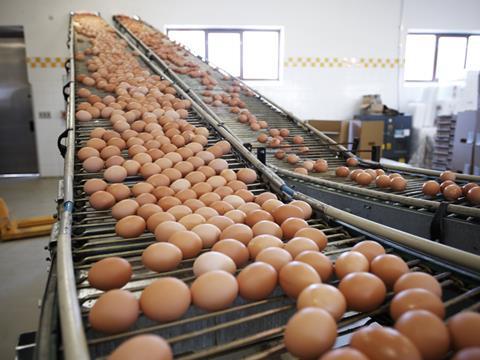
Just over a month after the fipronil egg scandal broke, the volatility plaguing the European egg market shows no sign of abating.
The discovery of high levels of the insecticide in Dutch eggs in July resulted in German retailers disposing of an estimated 10.7 million eggs, while Dutch retailers pulled a further 10 million from the market.
During the past month, the EU benchmark price for enriched cage eggs has risen 10% as supplies have tightened, while prices have shot up 31% in Germany and by 19% in the Netherlands.
Prices have also risen from producers such as Poland, as buyers look to source from regions unaffected by the scandal. As a result, Polish prices are up 17% in the past month.
Supplies have tightened even further in the egg product market, driving whole egg powder prices up 19% in August. Product testing times have risen from a few days to over two weeks, as producers must prove their products are fipronil-free, bottle-necking supply in laboratories.
In the UK, retail egg sales have slumped in the wake of the crisis. However, wholesale prices have emerged relatively unscathed.
With sterling weak amid Brexit uncertainty, the UK enriched cage egg price had been level with EU pricing during the past few months. It actually fell by 1% during August, as the UK was comparatively unaffected by the crisis, and this has now resulted in UK egg prices selling at a discount to EU prices.
Consumer confidence in EU eggs has fallen, particularly for Dutch eggs, which will limit demand for the foreseeable future. This means UK eggs will likely see an increase in demand, as British consumers look for UK egg-based products.







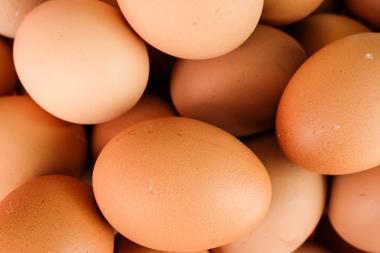
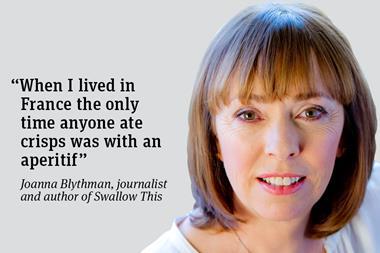
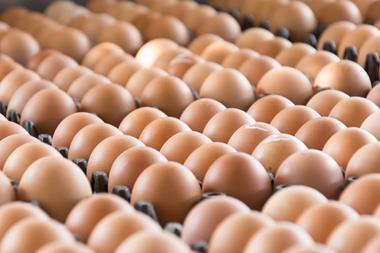
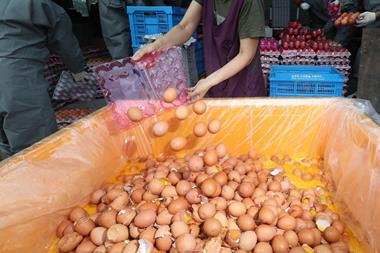

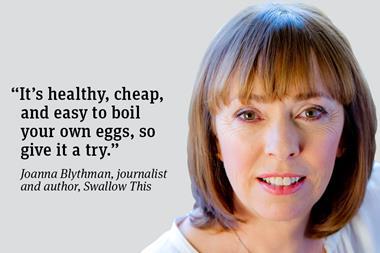






No comments yet